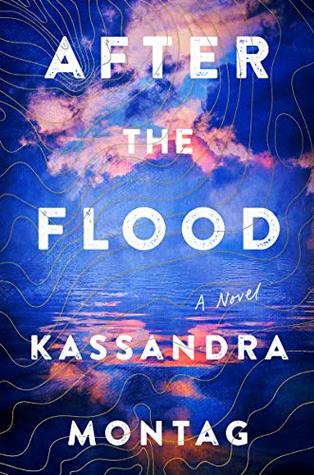More on this book
Community
Kindle Notes & Highlights
Children think we make them, but we don’t. They exist somewhere else, before us, before time. They come into the world and make us. They make us by breaking us first.
Water had already covered the coasts around the world by the time I was born. Many countries had been cut to half their size. Migrants fled inland, and suddenly Nebraska became a bustling, crowded place.
People called the years the coasts disappeared the Hundred Year Flood. The Hundred Year Flood didn’t last exactly a hundred years, because no one knew for sure exactly when it began. Unlike a war it had no call to arms, no date by which we could remember its beginning. But it lasted close to a hundred years, a little longer than a person’s lifetime, because my grandfather always said that when his mother was born New Orleans existed and when she died it did not.
There were as many ways to react as people, she always said.
It wasn’t just the loss of a thing that was a burden but the loss even of desiring it. We should at least get to keep our desire, I thought.
To save one child, would I have to sacrifice another?
I’d turn to speak to her and be reminded she was gone.
“Now, you tell my girl that a feather can hold a house,” Grandfather said.
When I think of those days, of losing the people I’ve loved, I think of how my loneliness deepened, like being lowered into a well, water rising around me as I clawed at the stone walls, reaching for sunlight. How you get used to being at the bottom of a well. How you wouldn’t recognize a rope if it was thrown down to you.
The whole story of how we moved through time, marking the earth with our needs.
I hadn’t realized how much I lived to give my child the things I valued.


